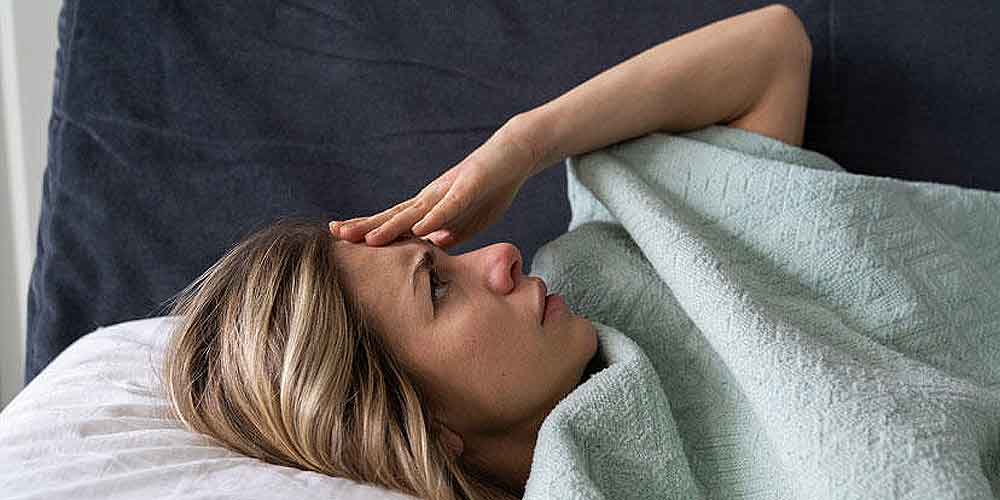The relationship between stroke and sleep, including both quantity and quality, is complex. Previous research has indicated that both sleep deprivation and sleeping for more than 9 hours a day can increase the risk of stroke, and experiencing a stroke can also cause changes in sleeping patterns.
Understanding the link between stroke and sleep disturbances is crucial due to the significant impact of stroke on global public health.
A recent study conducted by a research team at the University of Ottawa Faculty of Medicine explores the prevalence of sleep disturbances in Canadian adults and their potential associations with stroke, a leading cause of death or disability. Published in the Canadian Medical Association Journal, the study found that nearly two-thirds of Canadians who have experienced a stroke exhibit symptoms of disturbed sleep. Additionally, individuals affected by stroke were up to 7 times more likely to report multiple sleep problems than the general population.
The current guidelines for stroke care by the Canadian Stroke Best Practices briefly mention sleep problems only in the context of post-stroke fatigue. However, the study’s findings highlight the need for greater awareness, guidance for treatment, and research on how to manage sleep problems in the context of stroke, given that these disturbances affect the majority of stroke patients across Canada.
Matthew Jeffers, the study’s first author, emphasizes the importance of increasing awareness among primary care practitioners of the high number of stroke patients with sleep disturbance symptoms. Jeffers suggests that physicians should consider screening for underlying sleep disorders in stroke patients, given how common these disturbances are in this population.
The research team employed various statistical techniques for a cross-sectional analysis of the Canadian Community Health Survey (CCHS) to gain a comprehensive understanding of how common sleep problems are in stroke across the Canadian population. This approach provided a more accurate picture than previous studies with small sample sizes. Jeffers notes that further research will be necessary to examine groups of patients in sleep labs to gain a more thorough and objective understanding of the relationship between stroke and specific types of sleep disorders, such as sleep apnea and insomnia.
Key Takeaways in a Nutshell – Health Newstrack
1. Sleep disturbances are common among Canadians who have experienced a stroke, with nearly two-thirds exhibiting symptoms.
2. Individuals affected by stroke are up to 7 times more likely to report multiple sleep problems than the general population.
3. Primary care practitioners should consider screening for underlying sleep disorders in stroke patients due to the high prevalence of sleep disturbance symptoms.

